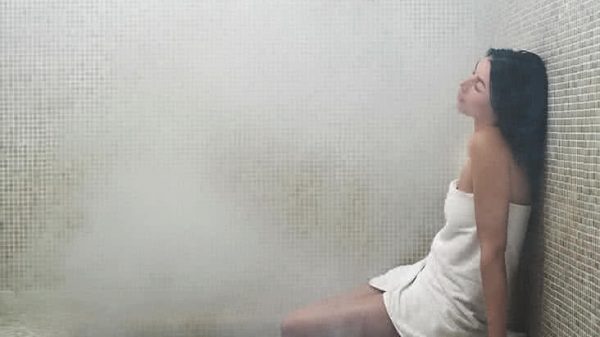Self care tips for cough

- Update Time : Thursday, February 17, 2022
- 129 Time View

# Increasing humidity in the air helps relieve a cough. A vapourizer and a steamy shower are two ways to increase the humidity.
# Drink extra fluids to help thin secretions and make them easier to cough up.
# When a cold and a stuffy, runny nose accompany the cough, it is often caused by mucous dripping down the back of the throat. A decongestant that opens the nasal passages will relieve this postnasal drip, and is the best treatment for that type of cough.
# Decongestants such as phenylephrine, pseudoephedrine or combinations of these two decongestants are available as over-the-counter cold medications. Don’t give decongestants to a child under six years of age unless prescribed by the doctor. It is important to talk to your physician before using any cough medications for children under two.
# If you have high blood pressure (hypertension), consult the doctor before taking decongestants.
# Coughs due to chronic postnasal drip are probably caused by either sinus infection or allergy. If allergy is the cause, it is typically treated by avoiding the trigger (allergen) that is causing the allergy. In addition, anti-histamines and a steroid nasal spray are sometimes used to suppress the allergic inflammation.
# Dry, tickling coughs can be relieved by sucking on cough lozenges or hard candy. (However, never give a lozenge or hard candy to a child under 3 years old because it is a choking hazard).
# Avoid smoking and coming in direct contact with people experiencing cold or flu symptoms.
# Wash hands frequently during episodes of upper-respiratory illnesses.
# An acute infection such as pneumonia may require antibiotics, an asthma-induced cough may be treated with the use of bronchodilators, or an antihistamine may be administered in the case of an allergy.















